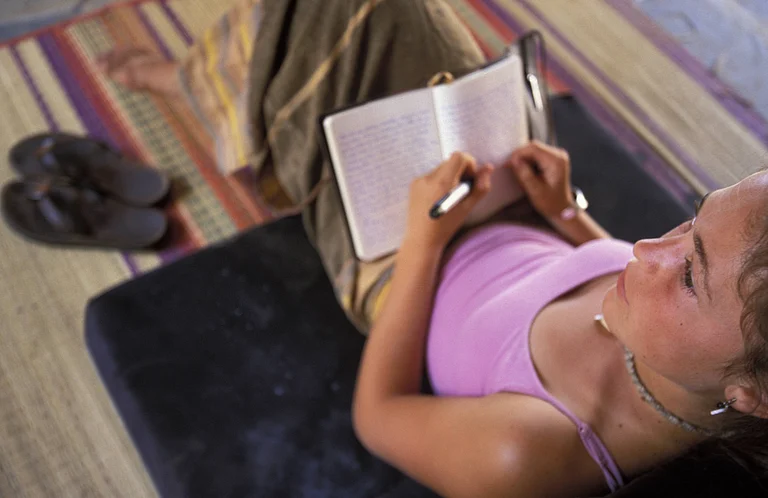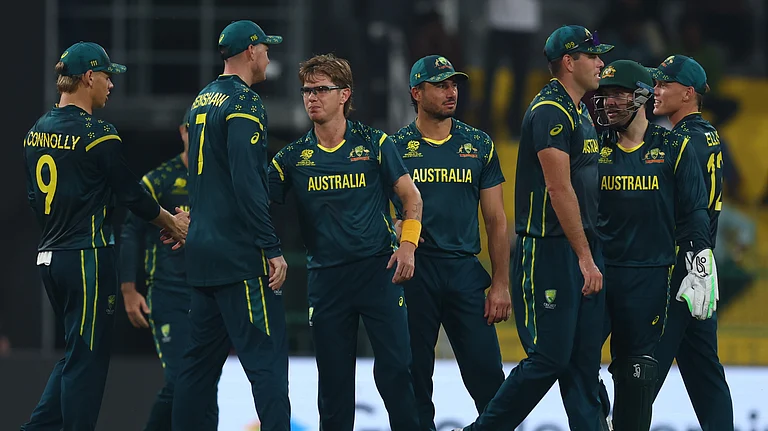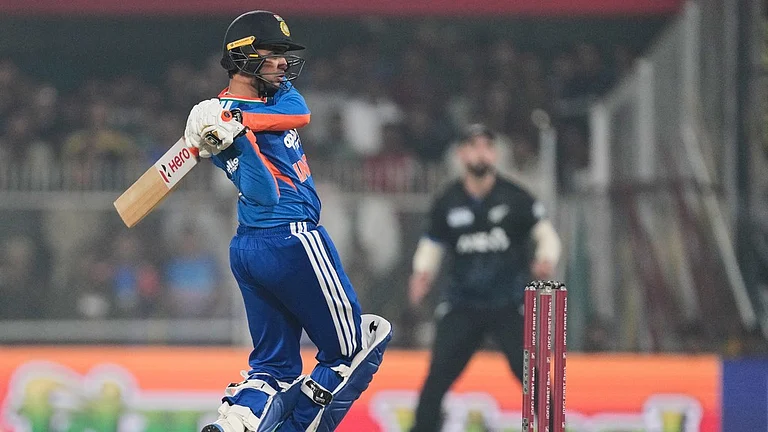Ahead of the impending G20 Summit scheduled to convene in the national capital on September 9 to 10, Delhi Health Minister Saurabh Bharadwaj has revealed that both governmental and private medical establishments are being placed on "high alert." The strategic move encompasses five prominent government hospitals - Lok Nayak Hospital, GB Pant Hospital, GTB Hospital, Deen Dayal Upadhyay Hospital, and Babasaheb Ambedkar Hospital. Additionally, three private medical facilities, namely Primus Hospital Chanakyapuri, Max Hospital Saket, and Manipal Hospital Dwarka, are also being placed on heightened readiness, PTI reported.
In a concerted effort to ensure comprehensive healthcare provisions for the anticipated influx of summit attendees, the Delhi health department has meticulously assembled 80 teams comprising doctors and nursing staff. These dedicated teams will be stationed at various hotels accommodating the guests. Out of these teams, 75 will operate in rotating shifts, maintaining an around-the-clock vigilance.
Saurabh Bharadwaj convened a significant meeting at the Delhi Secretariat to assess and bolster the healthcare infrastructure ahead of the global summit. Notably, Lok Nayak Hospital has meticulously reserved 20 rooms, GB Pant Hospital 10 rooms, GTB Hospital 20 beds, Deen Dayal Upadhyay Hospital 65 beds, and Babasaheb Ambedkar Hospital 40 beds, all set aside to address any exigencies that may arise during the event.
Underlining the gravity of the preparations, Bharadwaj stated that while the arrangements are based on prioritization, all participating hospitals are equally primed to respond to unforeseen circumstances. He asserted that the health department's preparation aligns with an unwavering commitment to providing exceptional healthcare services to foreign dignitaries.
In addition to the hospital readiness, a fleet of 106 advanced ambulances has been deployed and is on high alert 24/7. These ambulances are equipped with life-saving facilities and are poised to promptly respond to medical emergencies, efficiently transporting patients to the designated medical institutions.
Saurabh Bharadwaj highlighted that the selection of the three private hospitals for heightened alert status is strategically based on their proximity to the hotels housing foreign guests. In cases where swift hospitalization becomes imperative, and transporting patients to more distant facilities could pose risks, these nearby private hospitals will play a pivotal role.
The comprehensive preparation meeting saw the participation of the Delhi Health Secretary, medical directors of the designated government hospitals, and other pertinent officials, all collaborating to ensure the success of the healthcare arrangements during the prestigious international summit.


























